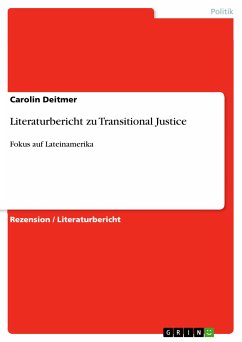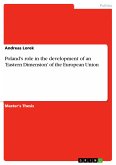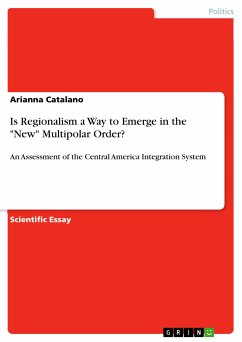Master's Thesis from the year 2012 in the subject Politics - Region: Southeastern Europe, grade: 1,6, University of Leipzig (Institut für Politikwissenschaft), language: English, abstract: In this thesis, I examine the effects of transitional justice and Europeanisation on the Republic of Serbia's policy of dealing with the past. The Republic of Serbia has shown – at different times - both refusal and assertion of Europeanisation. Refusal of Europeanisation did not contribute to an honest dealing with the past. While the assertion of Europeanisation accelerated compliance with the demands set out by the European Union, Serbia did comply mostly for reasons of strategy. That is, Serbia emphasized projects of dealing with the past mainly because they guarantee closer ties with the European Union. In this way, the European Union's capacity to shape the Serbian conception of history according to its identity is limited. Therefore, traditional Serbian narratives of its history will remain prevalent. Furthermore, I discuss the merits and shortcomings of the 'regional' approach to transitional justice at the example of the RECOM initiative and explain the political potential this project may have for the post-Yugoslav countries.
Bitte wählen Sie Ihr Anliegen aus.
Rechnungen
Retourenschein anfordern
Bestellstatus
Storno









